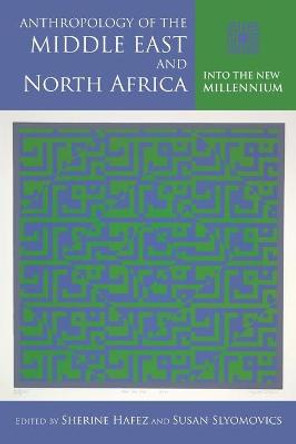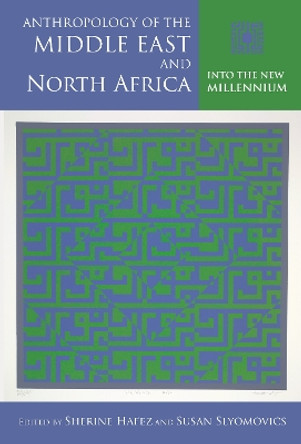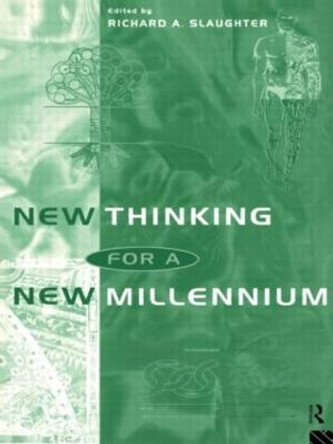Description
Few world regions today are of more pressing social and political interest than the Middle East: hardly a day has passed in the last decade without events there making global news. Understanding the region has never been more important, yet the field of Middle East studies in the United States is in flux, enmeshed in ongoing controversies about the relationship between knowledge and power, the role of the federal government at universities, and ways of knowing "other" cultures and places.
Assembling a wide range of scholars immersed in the transformations of their disciplines and the study of this world region, Middle East Studies for the New Millennium explores the big-picture issues affecting the field, from the geopolitics of knowledge production to structural changes in the university to broader political and public contexts. Tracing the development of the field from the early days of the American university to the "Islamophobia" of the present day, this book explores Middle East studies as a discipline and, more generally, its impact on the social sciences and academia. Topics include how different disciplines engage with Middle East scholars, how American universities teach Middle East studies and related fields, and the relationship between scholarship and U.S.-Arab relations, among others. Middle East Studies for the New Millennium presents a comprehensive, authoritative overview of how this crucial field of academic inquiry came to be and where it is going next.
About the Author
Seteney Shami is founding director of the Arab Council for the Social Sciences and also program director at the Social Science Research Council where she directs the InterAsia program. She has done fieldwork in Jordan, Egypt, Turkey, and the North Caucasus and her interests center on ethnicity and nationalism in the context of globalization, urban politics, population displacement and transnational mobilities. Cynthia Miller-Idriss is Associate Professor of Education and Sociology at American University, where she also directs the International Training and Education Program and runs the bi-annual Global Education Forum. She is the author of Blood and Culture: Youth, Right-Wing Extremism, and National Belonging in Contemporary Germany.
Reviews
Assembling an exceptional cast of scholars in Middle East studies and beyond, Seteney Shami and Cynthia Miller-Idriss not only produce a volume everyone in that area of study needs to read, but one that every university actor concerned for the globalization of knowledge must engage. How one addresses this region in intellectual life illuminates priorities, alliances, and comforts like no other region will. Consequently, for anyone who seeks exemplary reflexivity and articulations of intellectual and institutional responsibility in an age of increasing belligerence, Middle East Studies for the New Millennium is a critical start for a field in the making. -- Michael D. Kennedy,author of Globalizing Knowledge: Intellectuals, Universities, and Publics in Transformation
The essays in this impressive volume, empirically rich and analytically insightful, explore key dimensions of the field of Middle East studies, including its relationship to the traditional disciplines, its place in American higher education, and the political assaults to which it has been subjected over the years. It is a worthwhile read for anyone who seeks a fuller understanding of how this academic field has evolved, the challenges it faces today, and its future prospects. -- Zachary Lockman,author of Field Notes: The Making of Middle East Studies in the United States
Book Information
ISBN 9781479827787
Author Seteney Shami
Format Hardback
Page Count 512
Imprint New York University Press
Publisher New York University Press
Weight(grams) 894g







